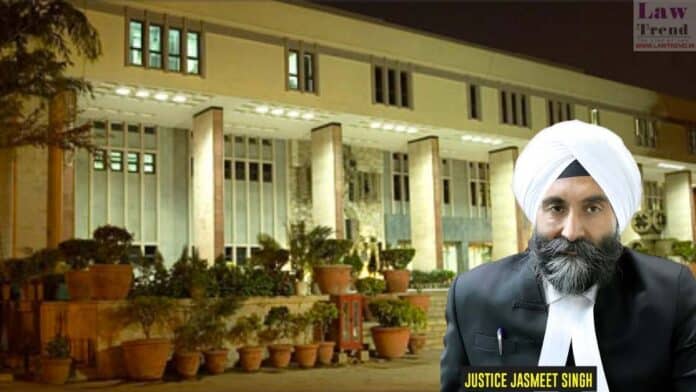In a significant ruling, the Delhi High Court, while upholding the acquittal of an accused under the Protection of Children from Sexual Offences (POCSO) Act, underscored the need to balance legal principles with evolving societal views on adolescent relationships. Justice Jasmeet Singh dismissed the State’s appeal against the acquittal of Hitesh, who was accused under
To Read More Please Subscribe to VIP Membership for Unlimited Access to All the Articles, Download Available Copies of Judgments/Order, Acess to Central/State Bare Acts, Advertisement Free Content, Access to More than 4000 Legal Drafts( Readymade Editable Formats of Suits, Petitions, Writs, Legal Notices, Divorce Petitions, 138 Notices, Bail Applications etc.) in Hindi and English.




